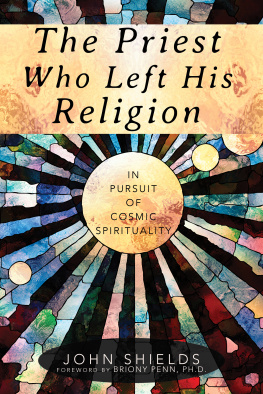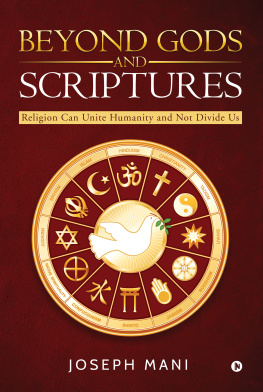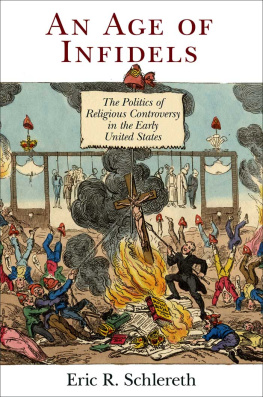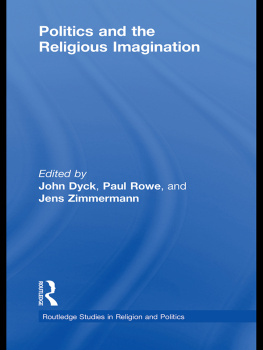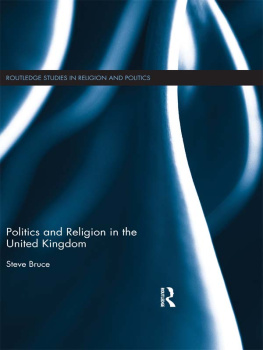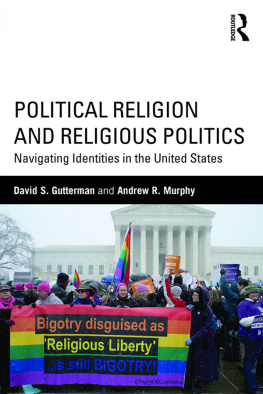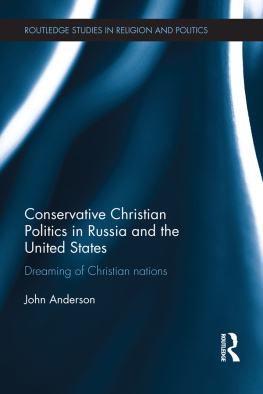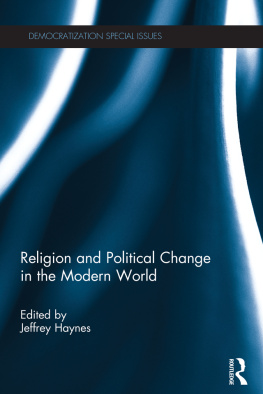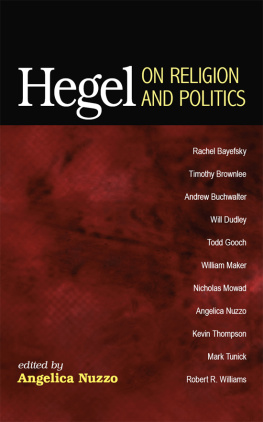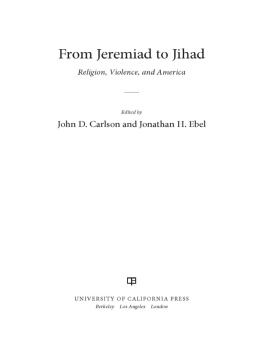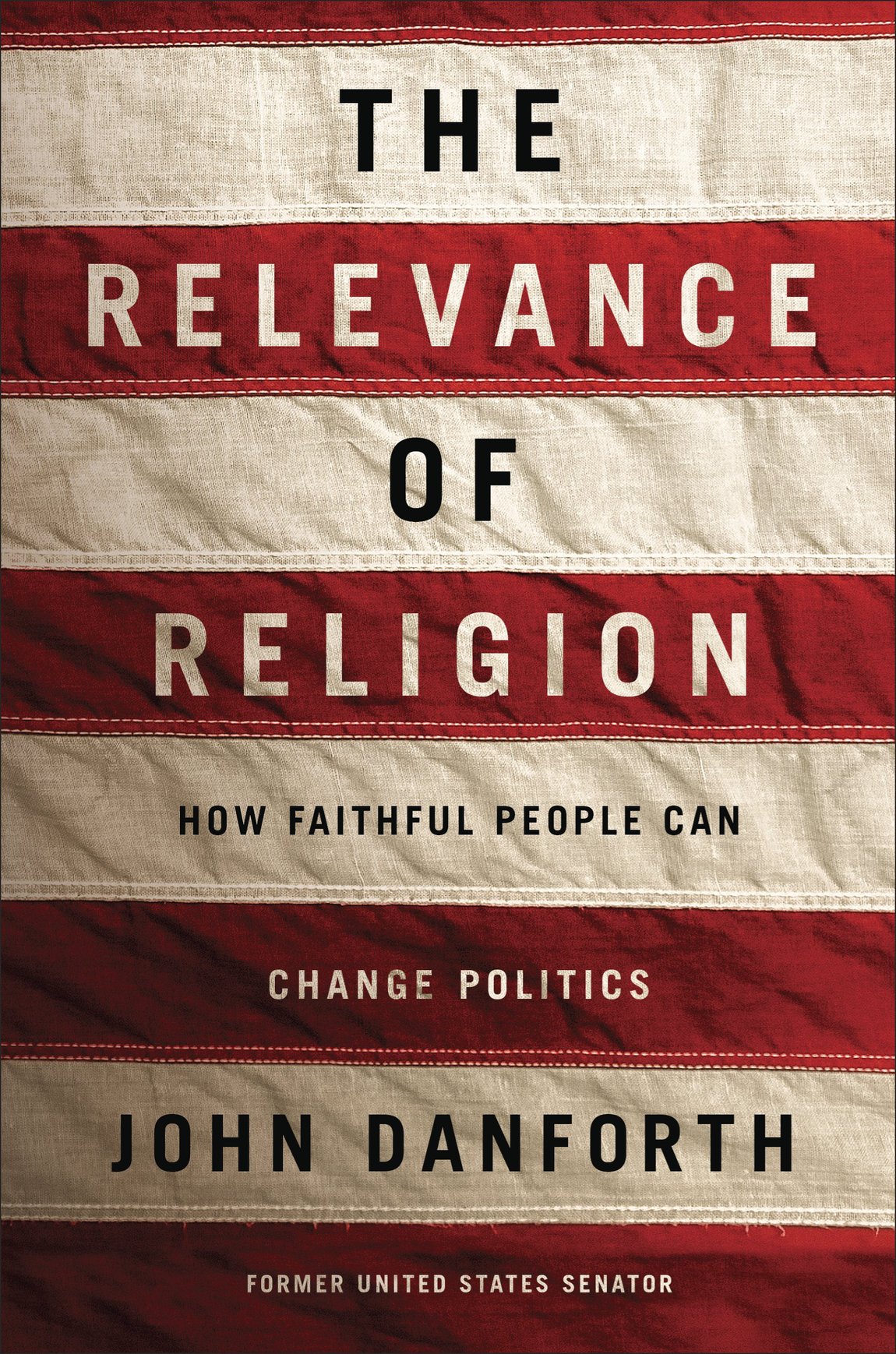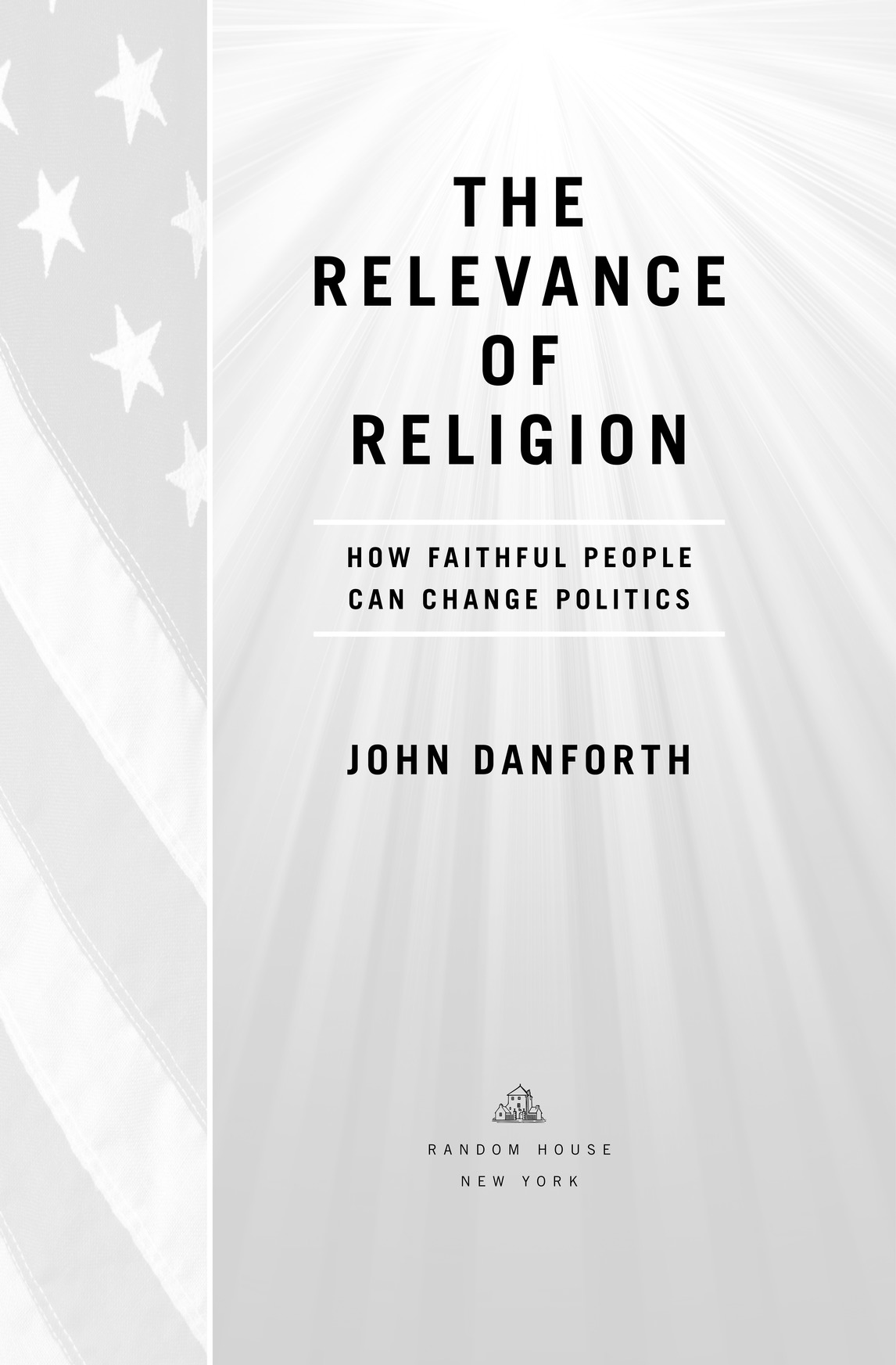John Danforth - The Relevance of Religion: How Faithful People Can Change Politics
Here you can read online John Danforth - The Relevance of Religion: How Faithful People Can Change Politics full text of the book (entire story) in english for free. Download pdf and epub, get meaning, cover and reviews about this ebook. year: 2015, publisher: Random House Publishing Group, genre: Politics. Description of the work, (preface) as well as reviews are available. Best literature library LitArk.com created for fans of good reading and offers a wide selection of genres:
Romance novel
Science fiction
Adventure
Detective
Science
History
Home and family
Prose
Art
Politics
Computer
Non-fiction
Religion
Business
Children
Humor
Choose a favorite category and find really read worthwhile books. Enjoy immersion in the world of imagination, feel the emotions of the characters or learn something new for yourself, make an fascinating discovery.

- Book:The Relevance of Religion: How Faithful People Can Change Politics
- Author:
- Publisher:Random House Publishing Group
- Genre:
- Year:2015
- Rating:4 / 5
- Favourites:Add to favourites
- Your mark:
The Relevance of Religion: How Faithful People Can Change Politics: summary, description and annotation
We offer to read an annotation, description, summary or preface (depends on what the author of the book "The Relevance of Religion: How Faithful People Can Change Politics" wrote himself). If you haven't found the necessary information about the book — write in the comments, we will try to find it.
In an era of extreme partisanship, when running for office has become a zero-sum game in which candidates play exclusively to their ideological bases, Americans on both sides of the political aisle hunger for the return of a commitment to the common good. Too often, it seems, religion has been used as a wedge to divide us in these battles. But is it also the key to restoring our civic virtue?
For more than a decade, John Danforth, who is also an ordained Episcopal priest, has written extensively on the negative use of religion as a divisive force in American politics. Now he turns to the positive, constructive impact faithful religious believers have and can have on our public life. The Relevance of Religion is the product of that period of reflection.
In the calm and wise voice of the pastor he once aspired to be, Senator Danforth argues that our shared religious values can lead us out of the embittered, entrenched state of politics today. A lifelong Republican, he calls his own party to task for its part in creating a political system in which the loudest opinions and the most polarizing personalities hold sway. And he suggests that such a system is not only unsustainable but unfaithful to our essential nature. We are built to care about other people, and this inherent altruismwhich science says we crave because of our neurobiological wiring, and the Bible says is part of our created natureis a crucial aspect of good government.
Our willingness to serve more than our self-interest is religions gift to politics, John Danforth asserts. In an era when 75 percent of Americans say they cannot trust their elected leaders, The Relevance of Religion is a heartfelt plea for more compassionate governmentand a rousing call to arms for those wishing to follow the better angels of our nature.
Praise for The Relevance of Religion
Using well-supported arguments deriving from his ministerial as well as legal background, Danforth asserts that traditional religious values of sacrifice, selflessness and a commitment to the greater good can and should have prominent roles in Americas politics. . . . Danforths arguments are staunchly supported and clearly explained. . . . For anyone who is faithful as well as political, he provides much food for thought.St. Louis Post-Dispatch
John Danforth does his country another service after many. His book is both a serious critique of politicized religion and a strong defense of religions indispensable role in our common life. He talks of faith as an antidote to egotism, as a force for reconciliation, and as a source of public virtue. His case is illustrated through autobiography, in an honest, winsome, and sometimes self-critical tone. Danforth speaks for civility, collegiality, and useful compromiseand is compelling because he has demonstrated all those commitments himself over the decades.Michael Gerson, columnist, The Washington Post
In this wise and urgent book, John Danforth stands in the company of our great public theologiansPaul Tillich, Martin Luther King, Jr., and the brothers Niebuhras he envisions both religious and political practices that enable our better selves. Political participation, pursued well, cultivates generosity and patience, and is good for the soul. What better remedy for...
John Danforth: author's other books
Who wrote The Relevance of Religion: How Faithful People Can Change Politics? Find out the surname, the name of the author of the book and a list of all author's works by series.

